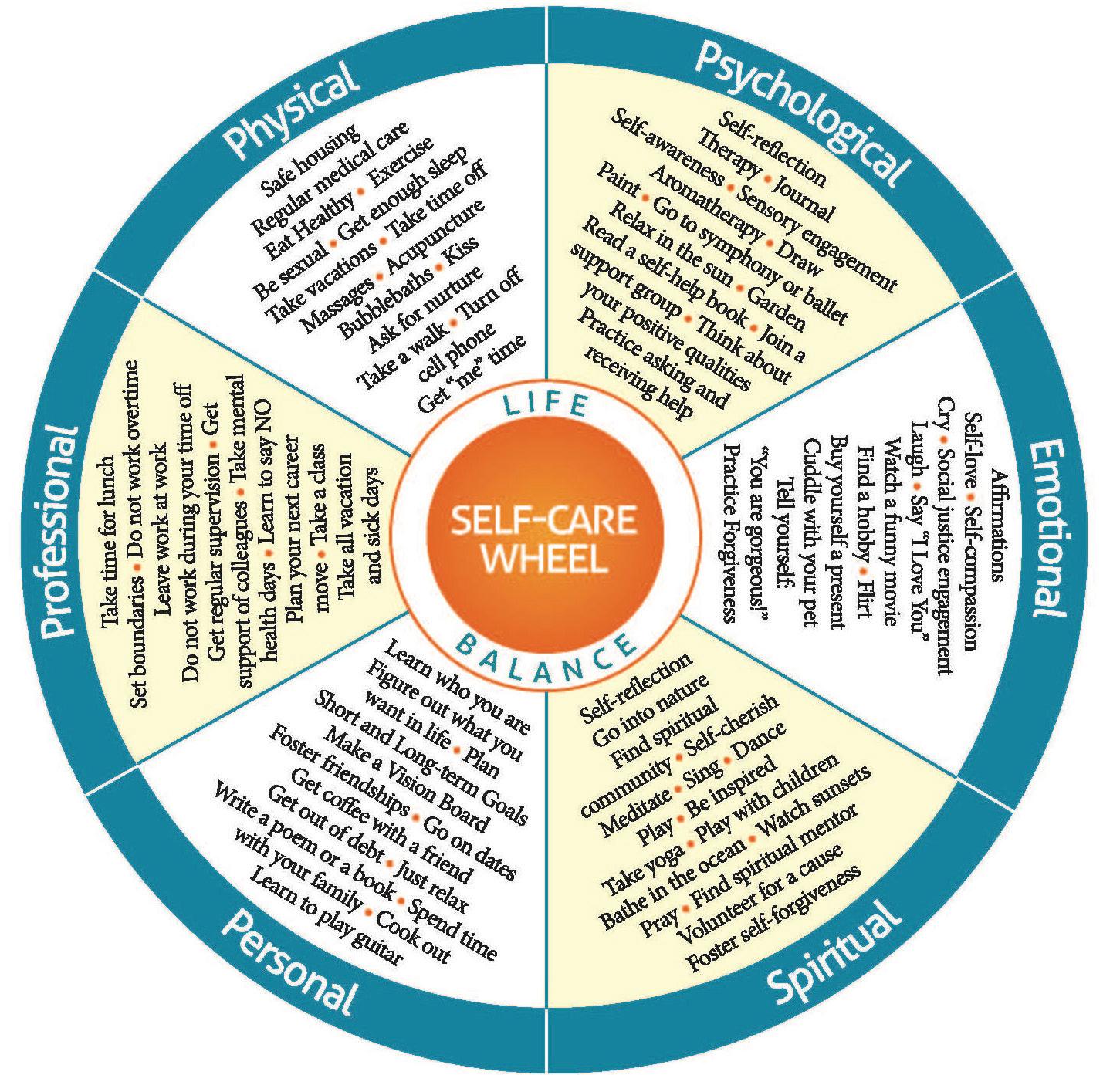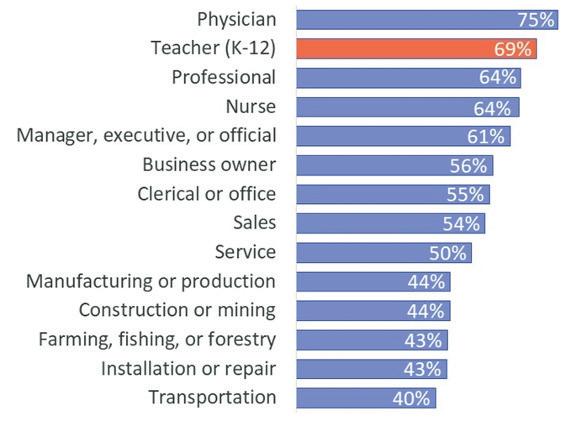Brian Murphy Emily Douglas-McNab Transformational Leader of Strategic Management, Co-Founder and Chief, Experience Management Institute, Toledo Public Schools, Ohio Ohio
W
e’re going to be honest. It’s not always about you. That may be harsh, but it’s reality.
People tend to forget this important fact when it comes to interviewing for a new job. They spend countless hours revising their cover letter, thinking about possible interviewer questions, and daydreaming about what they can buy with their paychecks. But they often forget one very important part of the interview preparation process– researching the organization and the job for which they are applying. In our experience, people of all ages and backgrounds make this mistake, and we are here to make sure you do not follow in those footsteps. Researching the items listed below demonstrates that you care enough to do your homework and proves to the interviewer that you really want this job. Not doing your homework can make you seem disinterested or entitled, neither of which is a good way to start the job search relationship. Here are ten questions that you should be able to answer before your first interview:
1.
Who is this district? Even if you choose to submit applications
2.
Who do they serve? A teacher must be able to effectively
3.
How do they approach teaching and learning? Some districts have a whole child approach to educating students, meaning that each child has an equal opportunity for success through various school and community supports. It also means providing supports for each child’s academic and non-academics needs. Other districts have different theories of teaching and learning based on factors that stem from the communities that they serve. Understanding those approaches prior to an interview should help you think about how you can be successful.
to multiple districts, you still need to know the basics. What type of district is the one to which you are applying– urban, suburban, or rural? How many students do they serve? Who is the Superintendent? Who are other key leaders? Who will be on your interview team and what are their roles?
work with all learners. Understanding the demographics of the students in the district or school is important.
4.
Where are they going? We know that you are looking at teaching positions, but understanding the vision, mission, and goals of the organization can give you an idea of the district’s overall direction and how you can emulate the district’s goals in your classroom.
5.
What do they believe? Values are the foundation on which
6.
culture is built. Understanding an organization's stated values can help you decide if this district or school will be the right fit for you. This information can also help you think about how you can best instill these values in the students and families you serve.
What is the reality of the situation? Data plays a key role in today’s education system. Taking time to look at data from the building, grade level, or subject you would teach is important. You may be asked about this data during the interview.
7.
How will they support you? Being a new teacher is hard. This is why support structures are so important. Many districts share information on how they support teachers as a way to recruit new hires. This could include onboarding, professional development programs, mentors, and more.
8.
How do they communicate? Having an idea about the technology tool or channel the building or organizations uses to communicate with parents is something you need to know to be effective at your job.
9.
What's in the news? Taking a moment to look at local news coverage or the building Facebook page is a smart research strategy. Have ideas on recent successes specific to academics, sports, clubs, volunteering, and more. These ideas can help you think about the overall culture of the school. District staff get excited when they know that you are informed about recent events and can create a more personable and comfortable interview experience.
Preparing for Interviews and Job Fairs
Job Interview Preparation: 10 Tips for Effective Research
10. How much will you make in the job? Determine how much
the position pays and what benefits it includes. Be honest about whether this compensation package will work for you. If not, perhaps it is not the best use of your time or the district’s time to move forward with the interview process.
Now that you know what to research, where do you go to find information? Starting with the organization's website is a must. Many districts post their strategic plans, mission statements, goals, data, and more on their websites. If you are lucky enough to find all of this in one place, your job just got easier! Doing basic searches on the internet may be able to help you with your research as well. Another great resources for district and building data are state education departments. Finally, social media pages can also provide you with a wealth of recent information. Many districts or buildings have Facebook pages or Twitter accounts. Take a moment and look at their followers, posts, and other information provided in the about me sections. Finally, how do you use this information? There are two ways to ensure that the interviewer or team knows you cared enough to learn about the organization. First, you can always just say, “When I researched the organization I learned that…” While blatant, it gets the point across. The other option is to incorporate the information you learned into your questions responses. For example, if you are asked, “How would you go about communicating with parents?” You can then respond, “I see that the district uses a platform to share building information and student grades with parents. I can envision utilizing that system in numerous ways such as…” While all of this advice may be overwhelming, if you have been invited for an interview, it is because the employer sees something in you. Preparing appropriately is how you can demonstrate to the interview team that you are the right person for the job.
53 American Association for Employment in Education































